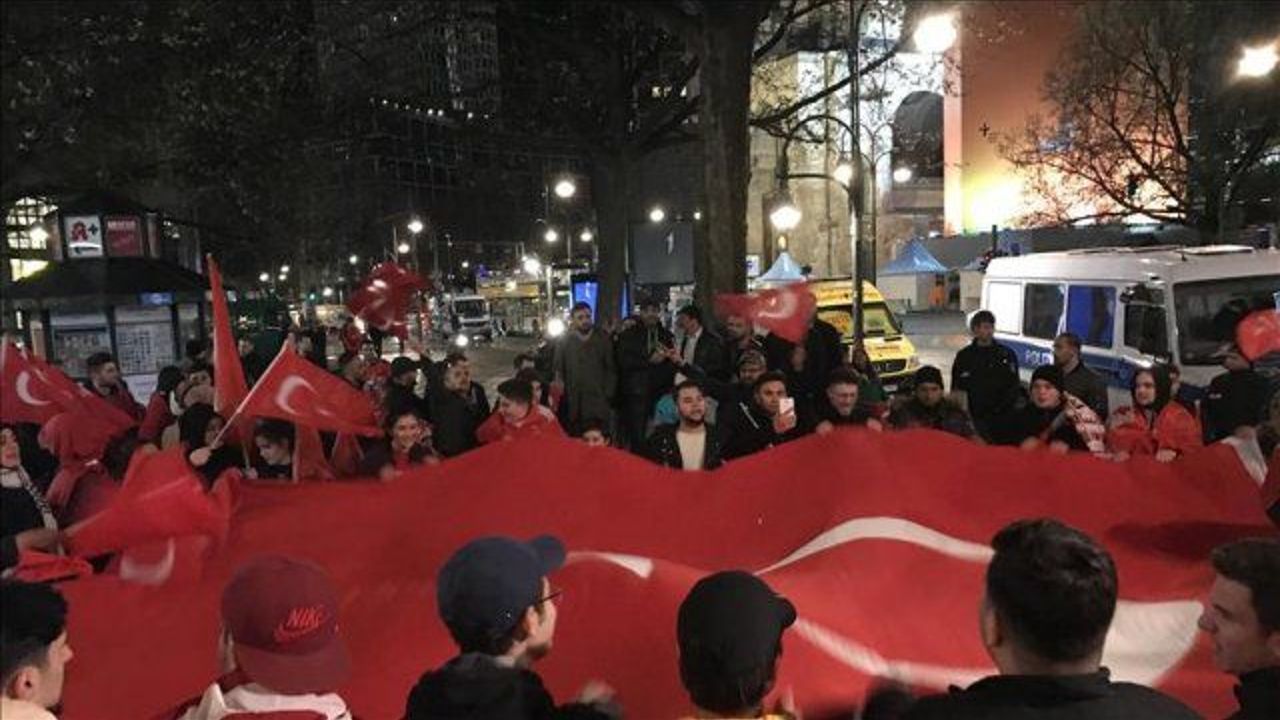'Yes' votes prevail despite Europe's anti-Turkey stance
The overseas vote totals from Sunday’s referendum show that Turks living in Europe did not bow to the pressure of European states, including Germany, Austria, Belgium, and the Netherlands.

Ankara and various European countries have faced rocky relations since Turkish government ministers were barred from campaigning in several European cities prior to the April 16 referendum.
Turkish Justice Minister Bekir Bozdag was barred from joining a planned rally in Gaggenau, Germany in early March.
On March 11, the Dutch government cancelled the flight permit of a Turkish Airlines plane carrying Foreign Minister Mevlut Cavusoglu and also deported Family and Social Affairs Minister Fatma Betul Sayan Kaya from Rotterdam.

Moreover, rallies organized by Turks there in favor of constitutional changes to shift Turkey to an executive presidential system faced tremendous restrictions from both central and local governments, while the 'No' campaign got all kinds of support and permits.
Unofficial results show that a total of 1,424,277 overseas voters casting ballots -- overall nearly 60 percent of them -- voted 'Yes' in the weekend referendum.
'Yes' votes in Germany -- which has the largest number of expat Turks in the world -- hit 63 percent, and reached as high as 71 percent in the Netherlands.
But Belgium saw the highest 'Yes' vote in Europe, with 75 percent of Turkish nationals voting in favor.
Some 2.3 million out of Turkey’s 3 million voters overseas live in Germany, Austria, Belgium, France, or the Netherlands.
Turkish voters went to the polls on Sunday to decide whether to approve changes to the country’s constitution that would usher in an executive presidency.
According to unofficial results, the 'Yes' campaign won with 51.41 percent, while the 'No' votes stood at 48.59 percent. Voter turnout was 85.46 percent.
Anadolu Agency







